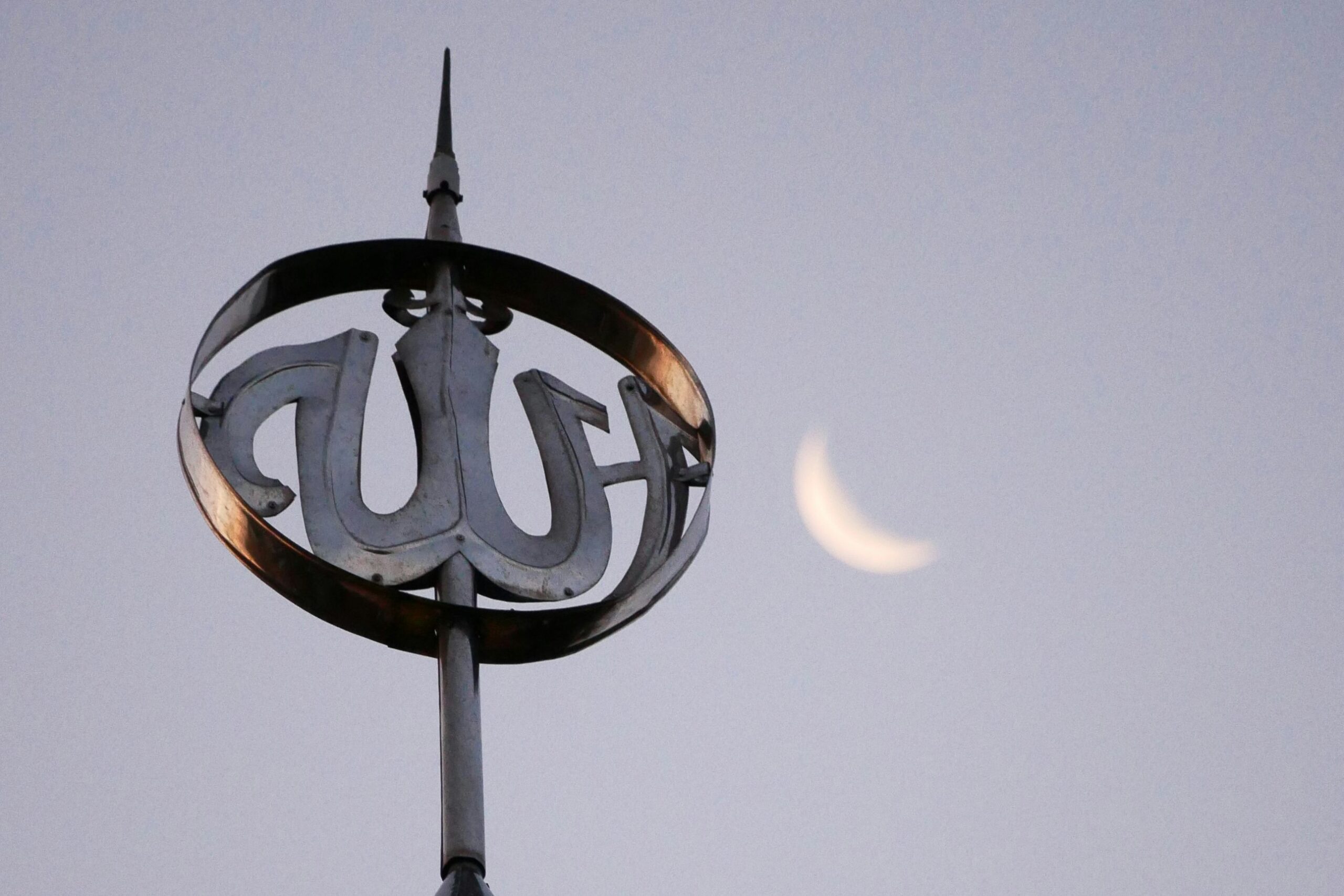
07.26.23
Ashura
In the Islamic calendar, there are certain days in the year that are more virtuous than others. One such day is the 10th of Muharram (the first month of the Islamic calendar), the Day of Ashura.
When is the Day of Ashura 2023?
The Day of Ashura is the 10th day of Muharram. In 2023, the Day of Ashura will be on the 28th July, depending on the sighting of the moon.
What is the Significance of the Day of Ashura?
On the Day of Ashura in the time of Prophet Musa (AS), Allah (SWT) saved the Prophet and Bani Israel from the tyrannical Pharaoh (Firaun) and his army.
The Pharaoh was an extremely violent and corrupt ruler and spread blasphemy as he declared himself as God. Despite Prophet Musa (AS)’s attempts to encourage the Pharaoh to worship Allah (SWT), the Pharaoh would not accept that there was a power higher than himself.
Enranged by Prophet Musa (AS)’s and his followers’ refusal to bend to his will, the Pharaoh sent a large army to destroy Bani Israel when they fled Egypt. This was on the Day of Ashura. But Prophet Musa (AS) didn’t despair and made the following famous Dua which was later revealed in the Holy Quran:
“Truly my Lord is with me, He will guide me through.”
Ash-Shu’ara, 26:62
As a result of his patience and firm faith in Allah (SWT), Allah (SWT) parted the Red Sea so that Prophet Musa (AS) and his followers could pass to safety. As punishment, the Pharaoh and his army were then submerged in the sea.
How to Commemorate the Day of Ashura
When Prophet Muhammad (peace and blessings be upon him) spoke about the Day of Ashura, he said:
‘This is a great day when Allah saved Musa and his people and drowned Pharaoh and his people.’
Sahih Muslim
The Prophet (PBUH) also fasted on the Day of Ashura (as well as the day before and after it). While this fasting is not compulsory, it is encouraged for the immense blessings and benefits it brings:
“I seek from Allah that fasting on the day of Arafah may atone for the sins of the preceding and the coming years, and I seek from Allah that fasting on the day of Ashura may atone for the sins of the preceding year.”
Narrated by Abu Qatadah (Sahih Muslim)
Likewise, the Sahabah, his (PBUH) companions also noted that:
I never saw the Messenger of Allah (peace and blessings of Allah be upon him) so keen to fast any day and give it priority over any other than this day, the day of ‘Ashura’, and this month, meaning Ramadhan.
Sahih Bukhari
Other Good Deeds to Do on the Day of Ashura
As well as fasting on the day of Ashura, there are many other beneficial deeds you can do which can earn immense rewards on the blessed day.
These include giving Sadaqah and Zakat to help those in need across the world, as well as spending money on one’s family.
As Prophet Muhammed (PBUH) said:
‘’…one who generously spends on his family on the day of Ashura, Allah (SWT) will be generous on him for the entire year”
Baihaqi
It’s also important to increase worship on the Day of Ashura, such as reading more Qur’an, sending salutations to the Prophet (PBUH) and offering nafl (optional) prayers. It’s also a good time to reflect on the significant events which took place on the Day of Ashura. To draw important lessons from them which can help us in our lives, including remembering to rely on the power of Allah (SWT) to help us in our time of need.
As Muharram marks the beginning of the Islamic New Year, let us make the most of the opportunity to establish good habits like fulfilling the Sunnah of our Prophet (PBUH) and giving regular charity, especially on blessed occasions like the Day of Ashura.
May we continue to strive to please Allah (SWT) and seek His forgiveness and blessings in this new year and the next!



